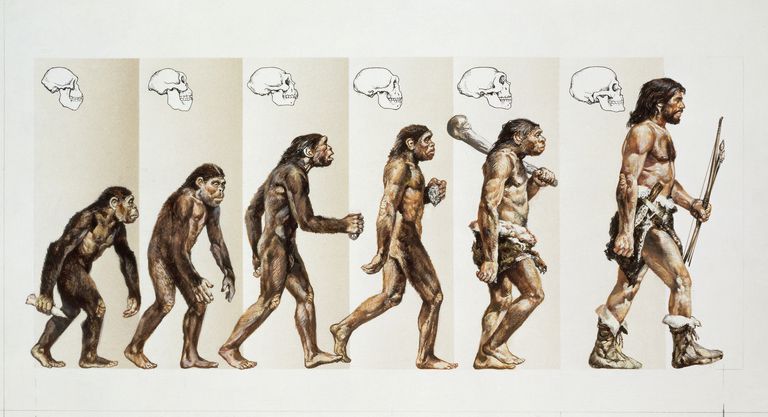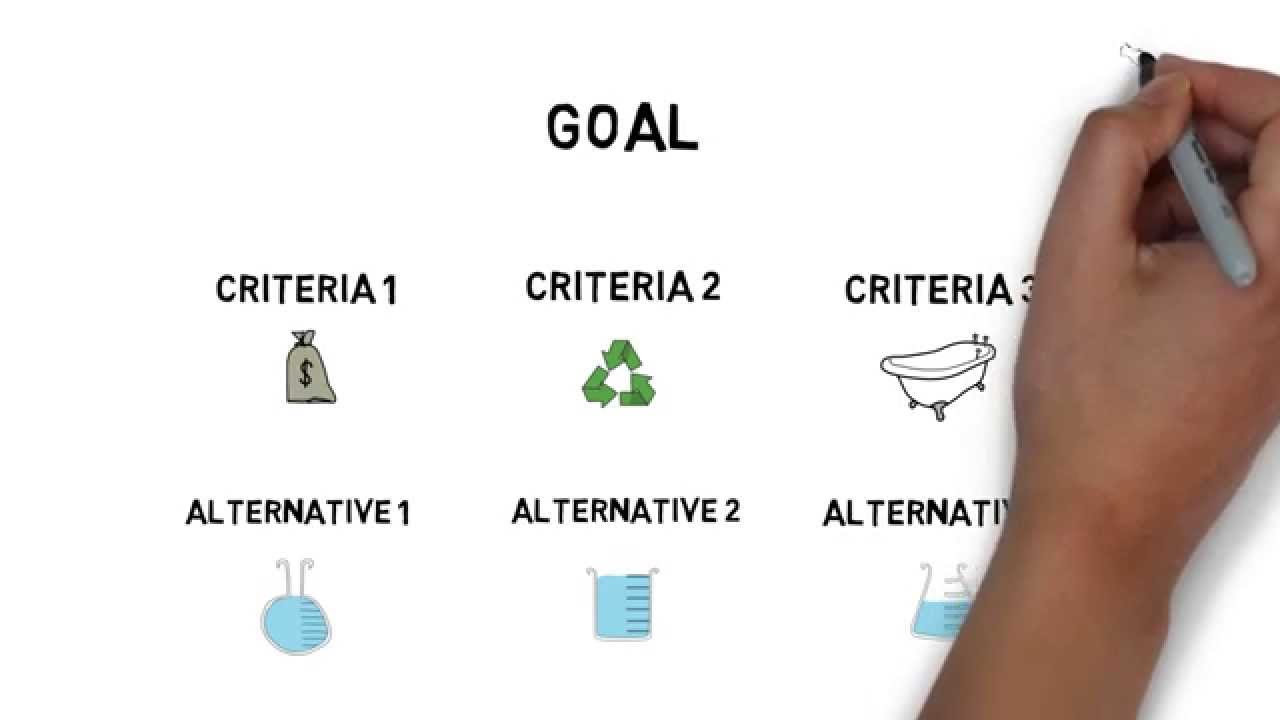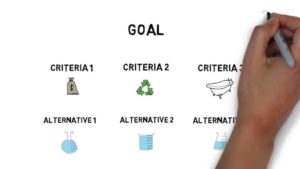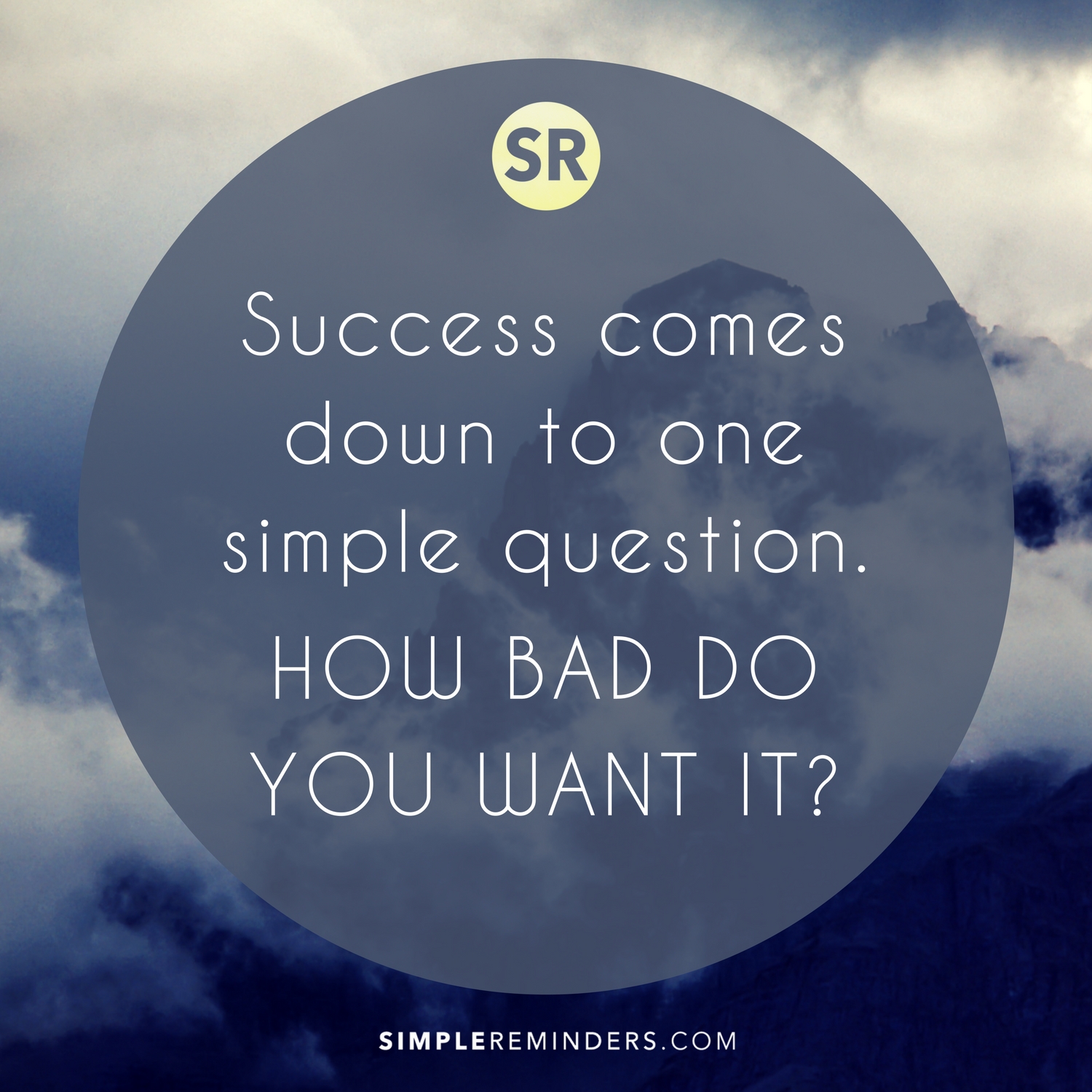
Finding your purpose, your life’s calling and your passion change everything. It gives you a reason to spring out of bed in the morning, it gives you a mission statement – it even helps you to decide who you are. It helps to inform your personal style, the way you present yourself.
You’re no longer emulating other people, or doing what you think you should do. Instead, you’re now embracing your true self and your passion and you’re living life to its fullest as a result.
The problem? Many people will struggle to find their purpose in this way.
So here are some tips that will help you to discover what your true purpose is and to embrace it fully.
When Were You Last Really Happy?
One easy question is to ask when you were last super happy? Or more than that: when were you last inspired, engaged and rewarded? This is a rare feeling so if there’s some activity or experience that makes you seem to come alive… do more of that!
Look to Your Role Models
Who are your role models? We all look up to someone in our lives and maybe we look up to multiple people. The question is what it is about those people – maybe what they have in common – that we find so inspiring and encouraging.
If you can identify some common trait that your heroes all share, then you can find a core activity or belief that you respond well to. And when you do that, you can embrace that side of yourself.
What Are You Really Great At?
We shouldn’t just ask what it is we want but also what we can do for the world. Sometimes you will find that life takes you in a certain direction as a result of your natural gifts and traits. Maybe you’re a born salesperson, or maybe you’re a fantastic artist.
You shouldn’t do anything that you aren’t going to enjoy but do listen to your talents and use them where you can.
How Do Others See You?
You might not know what your true calling is, but sometimes it will be obvious to other people. Ask your friends and family what they think you should do, how they see you what your skills are. Sometimes they can be surprisingly insightful and give enlightening answers.
There are many more methods but hopefully, these will set you off on the right path.
– Scott Blessing



















